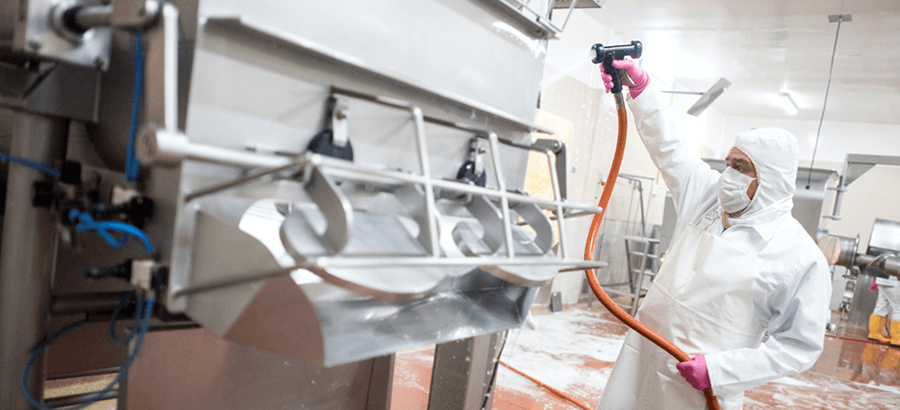So your ERP project is live, the champagne is gone and the cake is well and truly eaten. Now what? How do you keep your ERP healthy? Implement these top 5 tips for post ERP Go Live Success.
1. Revisit the original project objectives
Some ERP objectives might be completed and some superseded, but the likelihood is there will be a number of objectives that you haven’t met yet. For example, your ERP project is supposed to reduce your inventory, but until you trust MRP, reduce your minimum stock levels and educate your buying team, you won’t meet the target. Make system related objectives part of your day-to-day business objectives. Design and plan mini-projects to make sure you achieve your ERP Return on Investment.
2. Use the power user team
Too often after the ERP system is live, the project room reverts to being the store cupboard and the team is dispersed back into the business. Yet, this group of people now have superb knowledge about your business, processes and ERP system. Use them as first line support, to implement new modules, train new users and make day-to-day system and process improvements that really deliver value to your business.
3. Conduct a Post Go Live Review
Find out what your users really think. This will help you focus the power user team on what is really important to the user. It might be that before you start on an ambitious phase 2 project, your users would benefit from changes to screens, roles and permissions to make their life easier. Or maybe you find out that a particular query, view or report isn’t performing and a few tweaks here and there save precious minutes for all your users. This process will also help you to celebrate what you did well in your ERP project and collect vital information about the returns you have already realised.
4. Keep your ERP system up to date
Too often companies end up “stuck” on a version of their ERP system. To stop your ERP system falling into disrepair, implement a strategy in your business to test and deploy regular port updates. This way you can take advantage of new features, functionality and fixes and ensure your business doesn’t run into compatibility issues when purchasing new laptops with the latest version of Microsoft Windows and Office.
5. Instigate annual ERP review
A senior executive in your organization should be the ‘Return on Investment Change Agent’. Each year review your business objectives for the next year and engage with your ERP vendor to find out how ERP can help support your business journey. Keep your business processes and ERP system aligned to make sure your users are as efficient now as they were when you implemented. Root out any additional systems that have “sprung up” and see how their functionality can be integrated into your ERP system. Seek to continually improve your ERP system alongside your business processes.
By following these straight-forward steps you can ensure that your ERP continues to deliver value, receive user support, and get executive backing, well into the future.
Let’s hear your ideas and suggestions for keeping an ERP healthy.








